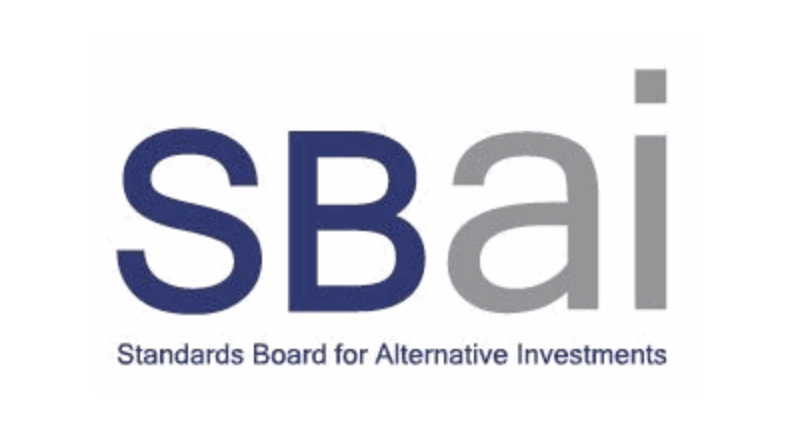Insurance Open Protocol updated to enhance ILS fund reporting: SBAI

The Insurance Open Protocol reporting template and associated manual for insurance-linked securities (ILS) and reinsurance linked investment funds have been updated by the Standards Board for Alternative Investments (SBAI) in consultation with participating ILS managers, investors and interested parties.
The goal is to further enhance the standardised reporting templates for ILS funds and other reinsurance-linked investment strategies, to allow for reporting that is better timed with the insurance cycle, while providing more granular information and further details related to stress testing.
The Insurance Open Protocol has existed since 2017 and been adopted by a number of players in the ILS manager community.
The goal is to provide a more standardised form of reporting on ILS fund strategy performance, while enhancing transparency on the ILS fund sector.
The IOP risk reporting template is designed for ILS funds with a significant exposure to property catastrophe insurance risk, catering for the unique characteristics of property catastrophe exposure, including risk types, sources of leverage, stress tests results and side pocketing.
The latest updates to the IOP template have been made in consultation with SBAI’s ILS Working Group, which features a number of the leading ILS fund managers and also some institutional investors.
Michael Hamer, Partner and Senior Investment Analyst at Albourne Partners and a key contributor to the SBAI’s work with the ILS community commented, “IOP’s risk reporting has been expanded to include information at the manager, fund, and share class level, and at intervals that are better aligned with the insurance cycle. The increased reporting of stress test results and the flexibility to add new stress events to the template in the future should materially improve the ability to see how funds interact from an overall Insurance Linked Securities portfolio risk perspective.”
Rishab Sethi, Director of External Investments at New Zealand Superannuation Fund explained from an investor standpoint, “For institutional investors it is vital to have a clear perspective on portfolio risk in order to detect concentrations. OP (and IOP) provides a simple format to monitor the aggregated risks in our portfolio.”
Mike France, Managing Partner and CFO of Elementum Advisors added the view of an ILS manager, saying, “We are proud to support the (Insurance) Open Protocol initiative as part of a broad, industry-wide effort to increase transparency and reduce ambiguities around risk and exposure reporting. We believe that an industry-wide standardised approach to risk reporting can benefit investors and managers alike.”
Dale West, SBAI Trustee and Senior Managing Director of Public Markets at Teacher Retirement System of Texas also said, “Insurance-Linked Strategy (ILS) funds have long been hard to compare with one another due to a lack of uniform reporting. The new Insurance Open Protocol standards provide a straightforward format to monitor the aggregated risks in our portfolio, to the benefit of our pension plan members. We encourage all ILS funds to help further institutionalise the space by participating in these new reporting standards.”
Along with the latest updates to the IOP reporting template, they are set to be integrated into the broader SBAI Open Protocol Reporting framework.
The idea is to harmonise data provided at the manager level, so investment managers who report data for both ILS funds as well as other investment funds will find the process simpler.
The IOP is just one resource that the SBAI ILS Working Group has developed, alongside guidance on valuation and side pocketing practices in insurance-linked funds as well as responsible investment guidance specific to ILS funds.
Now, the current focus of the SBAI’s ILS Working Group is reported to include collateral management, performance reporting, and benchmarking.






